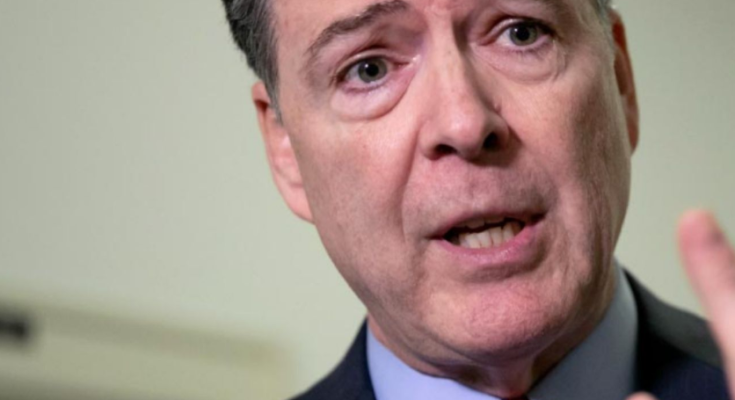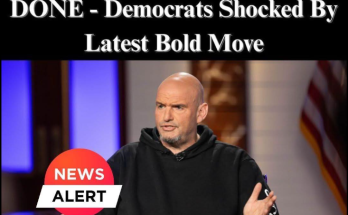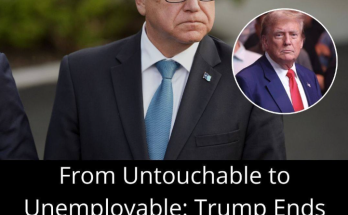
This article may contain commentary
which reflects the author’s opinion.
A central argument being used to challenge prosecutions brought against individuals aligned with former President Donald Trump will face its first significant test in court on Wednesday. Former FBI Director James Comey is expected to ask a judge to dismiss the charges against him, asserting that he is the target of a selective and vindictive prosecution by the Trump Justice Department.
U.S. District Judge Michael Nachmanoff will determine whether Comey was improperly singled out for prosecution and whether the charges against him should be dismissed, The Hill reported.
Comey, a vocal critic of the president since Trump fired him early in his first administration, argues that Trump’s “personal spite” motivated the two-count indictment related to his 2020 congressional testimony. The charges were filed just days before the statute of limitations was set to expire.
Comey has been charged with making a false statement to Congress and obstructing a congressional proceeding.
“The circumstances of the charging decision in this case — a last-minute retaliatory charge after a torrent of personal invective by a President who expressly sought charges regardless of the facts — warrant dismissal with prejudice on both vindictive and selective prosecution grounds,” noted his lawyers in a motion that was filed in October.
Comey cited a 60-page compilation of public clashes between himself and Trump, including media statements and online posts spanning nearly a decade.
The Justice Department has urged Judge Nachmanoff to deny Comey’s request, arguing that granting the motion could hinder a fundamental executive function. In their response, prosecutors asserted that Comey relied on news articles, social media posts, and conjecture to “weave a tale” of constitutional violations.
Selective and vindictive prosecution claims — two distinct but related legal defenses — are generally difficult for defendants to prove, largely because prosecutors are granted wide discretion in deciding whom to charge. To succeed on a selective prosecution claim, a defendant must show that they were treated differently from others in similar circumstances and that the government’s decision to prosecute was based on an improper factor such as race, religion, or constitutionally protected activity — in Comey’s case, his speech.
A vindictive prosecution claim requires a defendant to demonstrate that the government acted with “genuine animus” and would not have pursued charges absent that hostility.
Comey has argued that his situation is the “rare case” that meets these standards, The Hill noted.
Comey’s attorneys pointed out that Trump publicly urged Attorney General Pam Bondi to bring charges against the former FBI director, even as the district’s top prosecutor, Erik Siebert, expressed concerns about the case.
Siebert later resigned, and Bondi appointed Lindsey Halligan — a former White House aide with no prior prosecutorial experience who had been selected by the president — to replace him, said the outlet’s report.
Comey’s legal team also cited the abrupt dismissal of his daughter, Maurene, from her position as a prosecutor in the Southern District of New York, arguing that the action provided “unequivocal objective evidence of personal animus.”
Comey’s motion to dismiss the case on grounds of selective and vindictive prosecution is one part of a broader legal strategy aimed at preventing the matter from reaching trial.
Last week, U.S. District Judge Cameron Currie heard arguments regarding the appointment of Lindsey Halligan, which has been challenged by both Comey and New York Attorney General Letitia James (D). They argue that Halligan lacked the legal authority to file charges, rendering her signature on their indictments invalid and requiring dismissal of the cases.
Judge Currie — who typically serves on the federal bench in South Carolina and was assigned to hear the challenge from outside the district — appeared skeptical about whether Halligan is lawfully serving as interim U.S. attorney for the Eastern District of Virginia. She said she expects to issue a ruling before Thanksgiving, noted The Hill.


